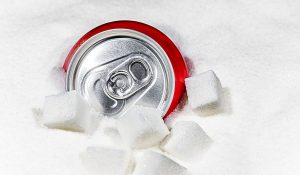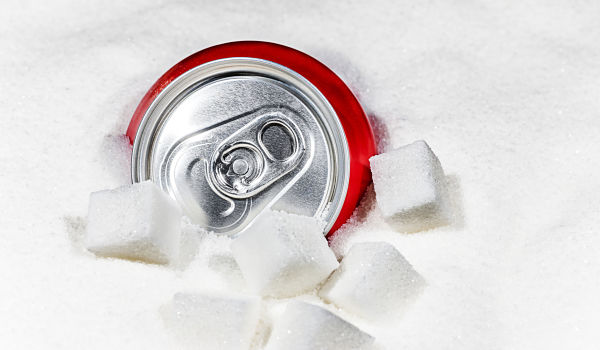
Coca-Cola Amatil today announced that all sugar in its non-alcoholic beverage range in Australia was now sourced from growers who are independently accredited as following sustainable production frameworks.
Under purchasing contracts running to 2021, Amatil’s sugar purchases were now a mix of Bonsucro and Smartcane Best Management Practice (BMP) certified sugar. Bonsucro and Smartcane BMP are production frameworks which aim to increase on-farm productivity while reducing environmental and social risks.
Group Managing Director Alison Watkins said the switch to sustainably accredited sugar was a good environmental and commercial decision for the company.
“We have responsibilities to the community on resource use and renewal, and we’ve also heard customer feedback in favour of greater sustainability in the products we sell,” Ms Watkins said.
“The switch to sustainably accredited sugar is a step forward for our overall operations, and also in meeting that customer demand.”
The decision means Coca-Cola Amatil’s sugar is obtained from farms with frameworks covering:
• decreased herbicides and pesticide use per hectare;
• prohibitions on some herbicide and pesticide use in sugar production;
• reduced water use in sugarcane growing and milling;
• natural systems management to protect adjacent wetlands and waterways and reduce runoff into sensitive areas such as the Great Barrier Reef;
• support for on-farm systems management;
• increased use of ethanol (rather than fossil fuels) in growing and milling;
• a chain of responsibility process from production to final use; and
• independent auditing of sugar industry safety and worker training, with issues addressed via published Health and Safety Management Plans.
Canegrowers Chairman Paul Schembri said the Smartcane BMP program achieves productivity and profitability gains for growers along with environmental improvements.
“Already more than 70 per cent of Queensland’s sugarcane area is in this program of adopting best practice on farm and we want more growers to come on board,” Mr Schembri said.
“It involves things like assessing soil condition to tailor fertiliser applications and reducing soil disturbance. Often these practices save input costs and boost yield as well as avoid downstream impacts on the Great Barrier Reef.”
Sugar Research Australia has assessed the impact of Smartcane BMP on business profitability and found the practices could benefit growers by between $25 and $220 per hectare per year.
Wilmar Sugar Australia is a certified supplier of accredited sustainable sugar, and a major supplier to Amatil. Wilmar Executive General Manager North Queensland John Pratt said the company continually looked at opportunities to improve the sustainability of its operations.
“Our commitment to continuous improvement is good for our business and also the environment,” Mr Pratt said.
“The Great Barrier Reef is a vital part of our global environmental heritage. We are pleased to be able to make a positive contribution to its health.”
The switch to sustainably accredited sugar in Australia also reflects a global commitment by The Coca-Cola Company to source all priority ingredients from sustainable sources by 2020.
It is alongside Project Catalyst, a collaboration between The Coca-Cola Foundation, sugarcane farmer, WWF Australia, natural resource management bodies and the Federal Government which aims to reduce agricultural runoff impacting the Great Barrier Reef. Since 2013 Project Catalyst has improved the quality of 150 billion litres of water flowing into the reef and reduced runoff by 180 tonnes per year.

